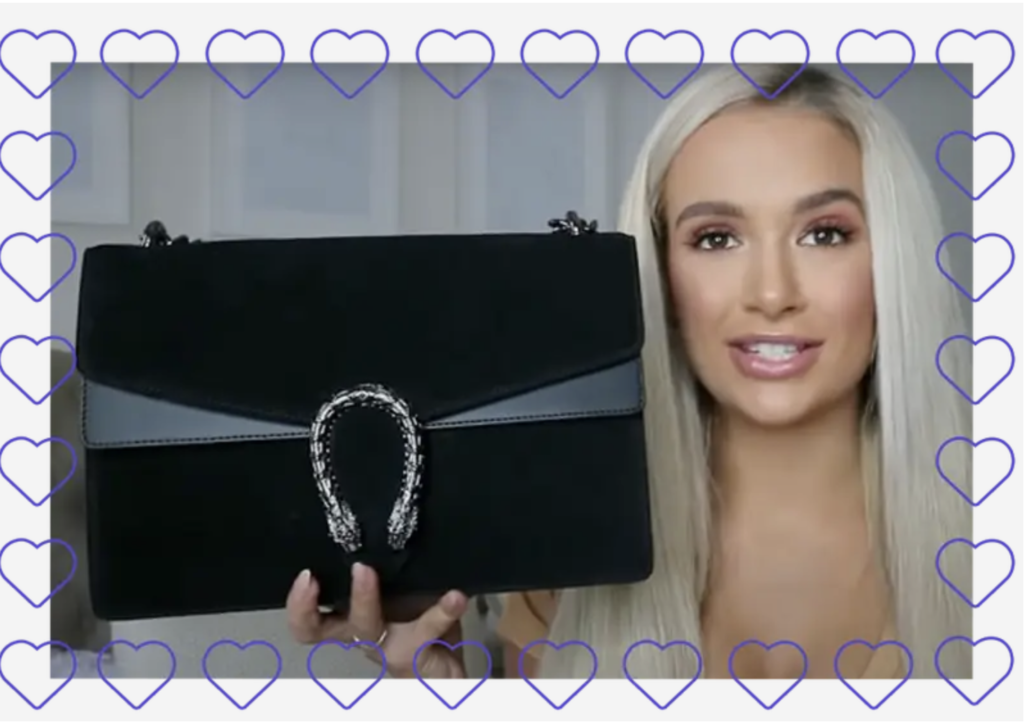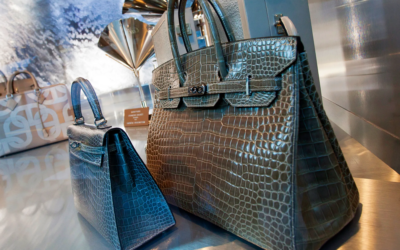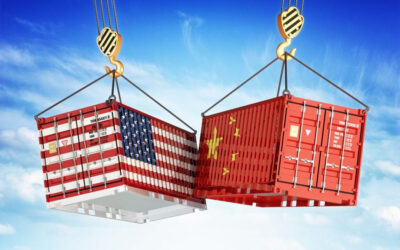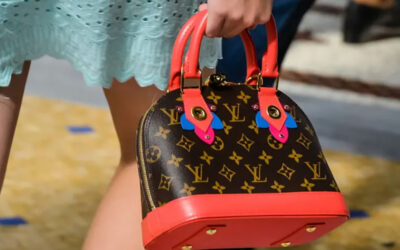Designer replicas are becoming increasingly popular as they now offer quality similar to the original luxury items, encouraging people to wear them without shame.
In the past, wearing a counterfeit designer product could tarnish one’s reputation. However, the high-quality knock offs available today have disrupted the luxury influencing scene, with more people embracing them proudly. British blogger Georgia May revealed a $75 knockoff of LOUIS VUITTONS’s Capucines BB handbag to her 240,000 TikTok followers, even though the authentic product retails for $6,750.
As the economy evolves, designer replicas are gaining social acceptance. Data from the European Union Intellectual Property Office shows that 37% of Gen Z respondents admitted to buying fake products in the past year. TikTok content tagged with #DHgate, a Chinese marketplace notorious for selling counterfeit designer goods, has garnered 3 billion views.

The rise of knockoffs challenges influencer-driven consumerism and the need for expensive, high-end labels to maintain a polished online presence
Some luxury influencers, like Jeffrey Huang, argue that counterfeit products undermine the luxury market, as people buy fake items and pass them off as authentic. However, others contend that the rise of knockoffs challenges influencer-driven consumerism and the need for expensive, high-end labels to maintain a polished online presence. As counterfeit goods become more sophisticated and visually indistinguishable from the real thing, influencers are adopting them to achieve the appearance of affluence.

The counterfeit luxury industry, estimated to be worth $400-$600 billion, has sparked the need for authentication services to differentiate between real and fake products. Advocates for counterfeit items argue that buying fakes is a financially savvy choice in times of economic uncertainty. For some, it’s an act of defiance against an industry that thrives on exclusivity and scarcity.
Critics have also accused luxury influencers of being out of touch with their audience’s financial realities.
However, there are ethical concerns regarding the counterfeit industry. Brett Staniland, a model and sustainable fashion creator, highlights the importance of fair wages and intellectual property rights for those who produce these items. Critics have also accused luxury influencers of being out of touch with their audience’s financial realities.
With soaring inflation rates, it’s not surprising that creators are prioritizing their own needs over ethical considerations.
Despite these concerns, luxury influencers like Huang remain unapologetic about their content, which some followers appreciate for its aspirational quality. As fast-fashion brands attempt to become more sustainable, luxury brands continue to grapple with the growing popularity of knockoffs. The normalization of counterfeit items raises questions about the impact on design houses, manufacturers, department stores, and consumers, but with soaring inflation rates, it’s not surprising that creators are prioritizing their own needs over ethical considerations.
The article was adapted from buzzfeednews.com.




0 Comments